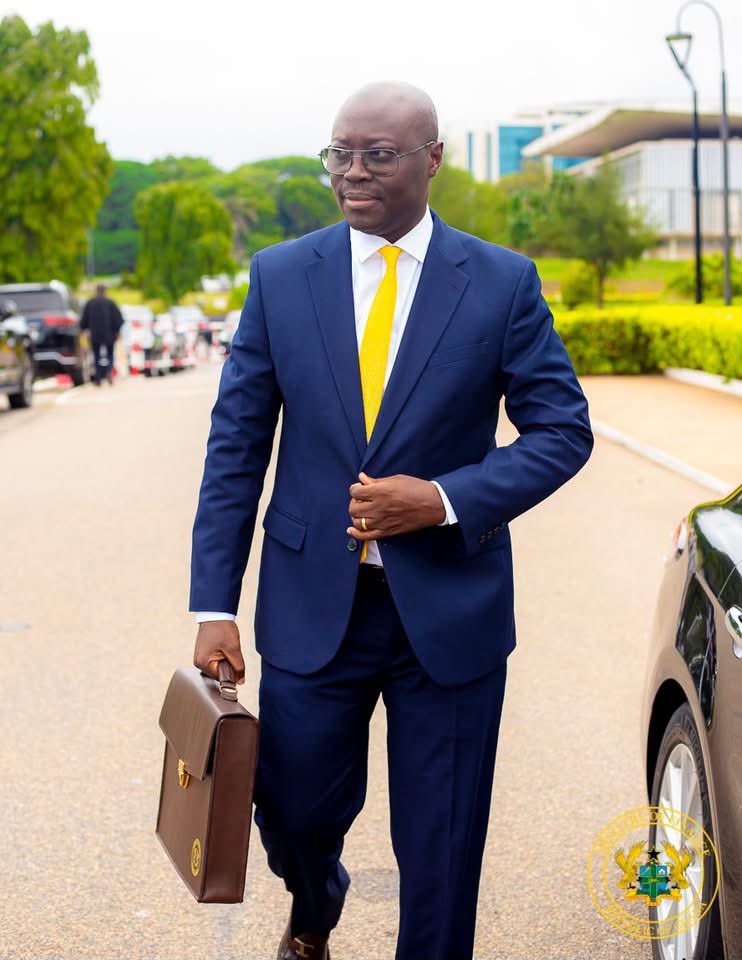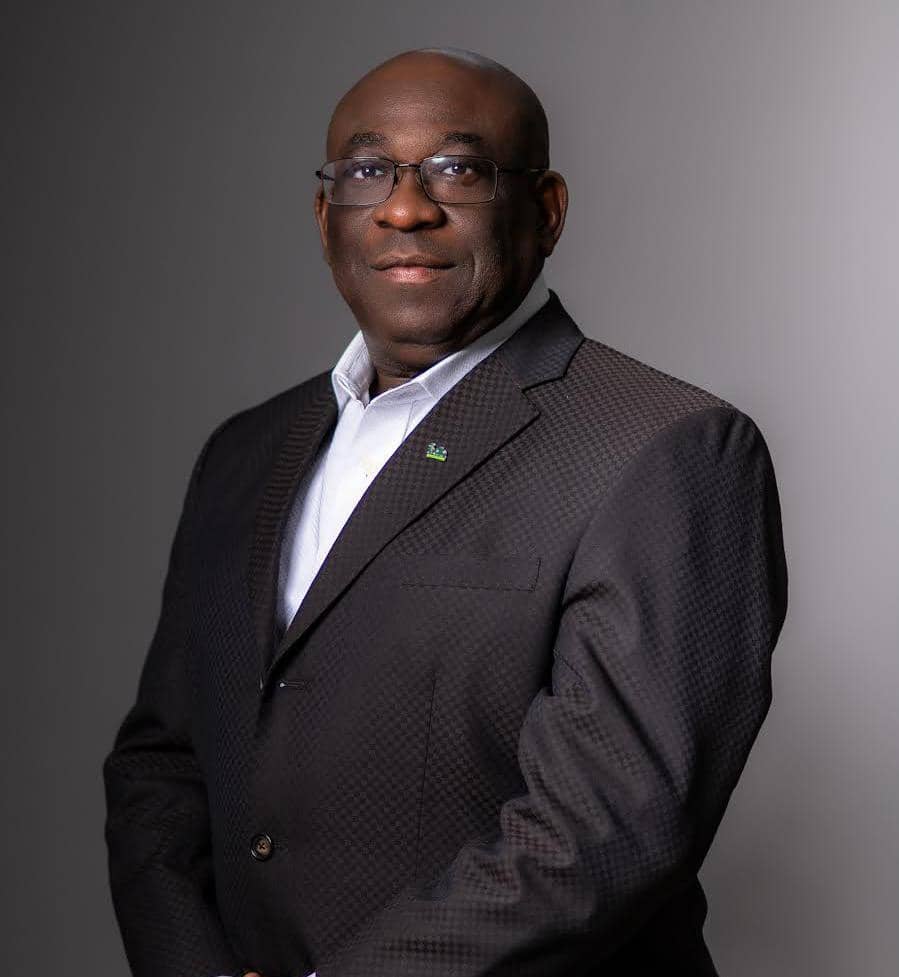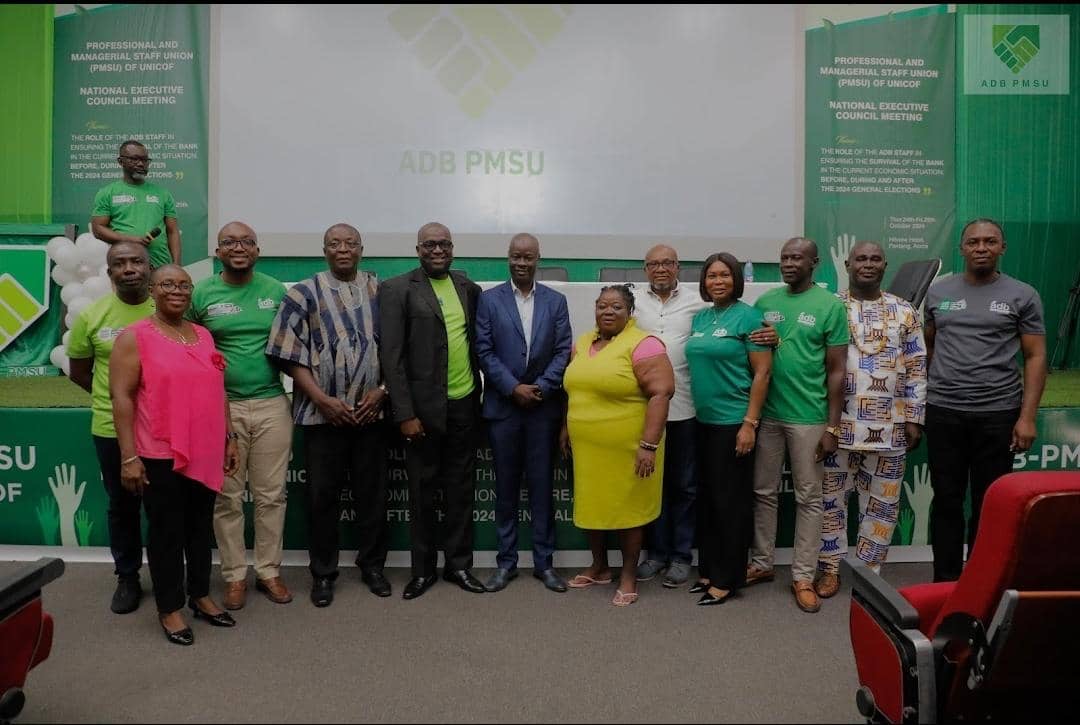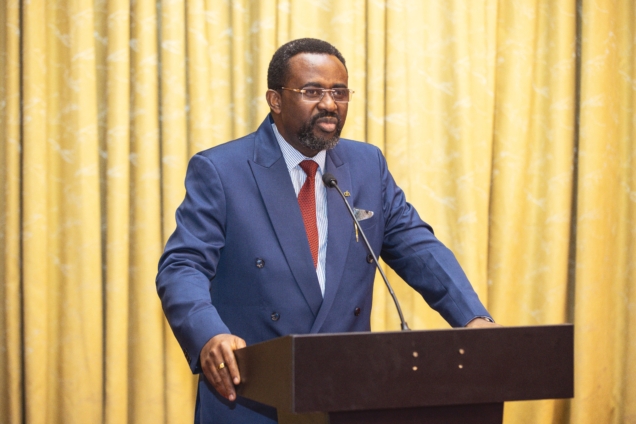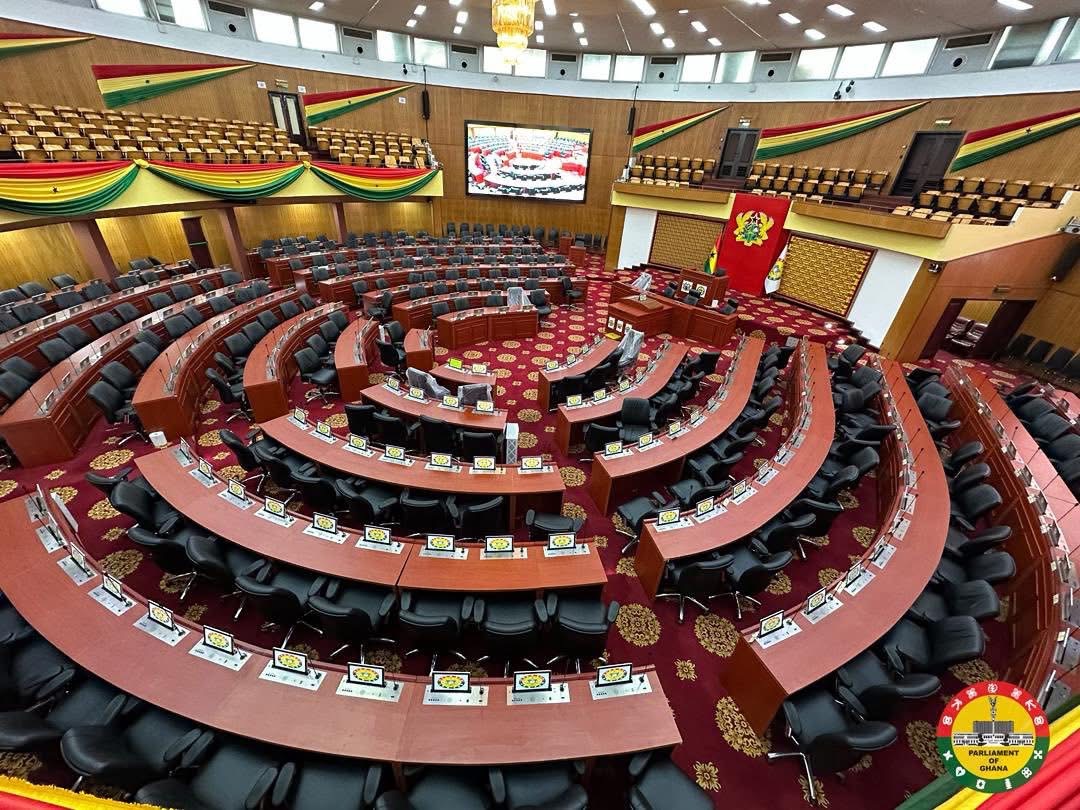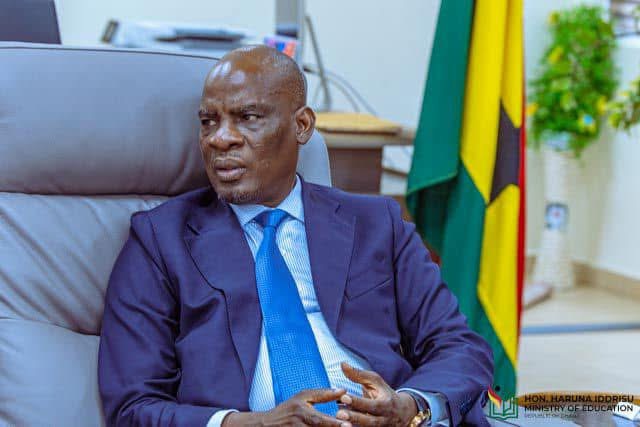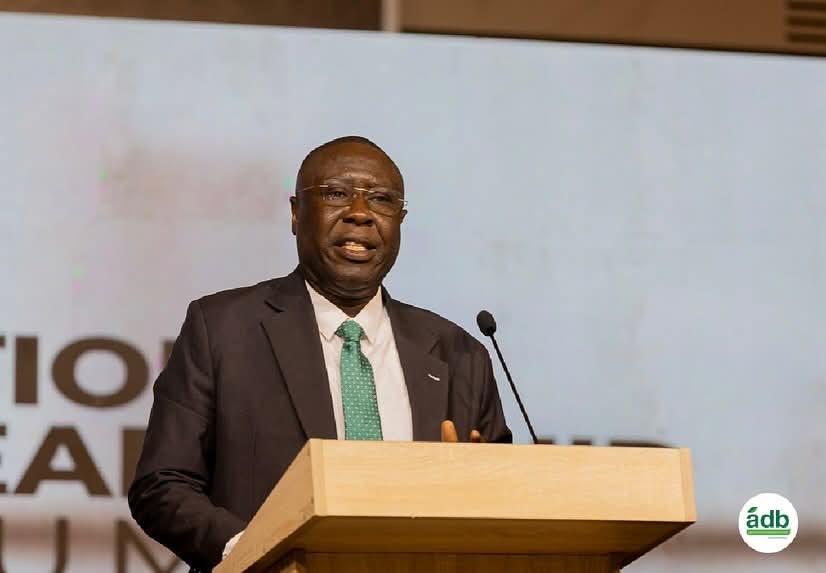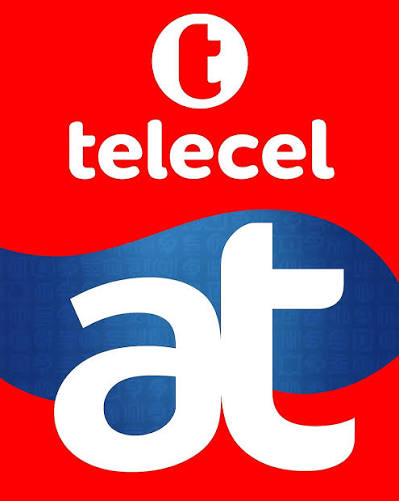Finance Minister Dr. Cassiel Ato Forson has blown the lid off the previous administration’s much-publicised “Gold for Oil” programme, describing it as a misrepresented policy that never involved any direct exchange of gold for petroleum products.
Appearing on JoyNews’ PM Express, the Minister firmly rejected claims that the initiative was a barter system designed to reduce pressure on Ghana’s foreign exchange reserves.
“It didn’t work properly. The Bank of Ghana were largely paying the suppliers of crude oil and petroleum products in cash,” Dr. Forson stated. “They never paid them with gold never, never.”
For months, the former government touted the policy as a bold, innovative solution trading gold directly for oil to stabilize the cedi. But according to Dr. Forson, what actually occurred was a conventional trade arrangement involving cash payments and currency exchanges.
“Pure trade. Nothing more than what they were touting. It was far from what they were touting,” he explained. “There was no barter where gold was going to change for oil. No, nothing of the sort happened.”
He clarified that the Chamber of Bulk Oil Distributors (CBOD) would pay the Bank of Ghana in cedis, and in turn, the central bank would use those funds to provide the dollar equivalent for oil imports.
“Actually, someone sitting somewhere in the Emirates was supplying the CBOD. And then CBOD will be paying. They give the cedi to the BoG, and it pays the dollars. That’s it.”
When questioned about whether he had verified this with officials at the Bank of Ghana, Dr. Forson confirmed he had and found no record of gold being used in any direct trade for oil.
“They were keeping some gold. You could see that their gold reserves increased. That was a fact,” he said, explaining that the central bank’s activities were part of a separate gold accumulation policy.
“They were keeping the gold that they were buying. The central bank was buying gold. They call it gold for reserves. There was no real barter. Nothing of the sort happened.”
He also criticized attempts to conflate two distinct policies the Bank of Ghana’s gold reserve programme and the so-called gold-for-oil deal.
“BoG buys gold and keeps the gold. It is different from buying the gold, exporting the gold, and bringing the forex. I hear people comparing these two policies, but they are two different policies.”
Even when pressed on whether the gold reserve might have helped reduce forex demand indirectly, Dr. Forson did not budge.
“I’m not aware that there was a direct barter. There was no direct barter. I’m telling you for a fact, there was no barter.”
His disclosures come on the heels of his 2025 Mid-Year Budget Review presentation in Parliament, and they mark one of the most candid re-evaluations of a legacy policy from the past administration. The revelations have already sparked renewed debate on transparency, public accountability, and the true nature of economic interventions that shaped Ghana’s recent financial trajectory.


